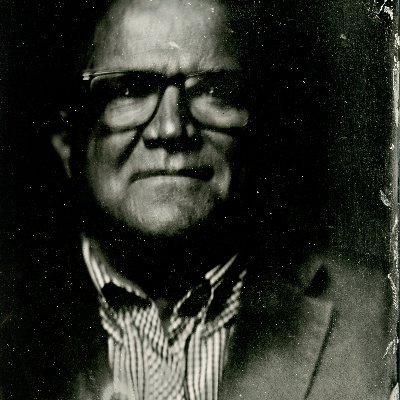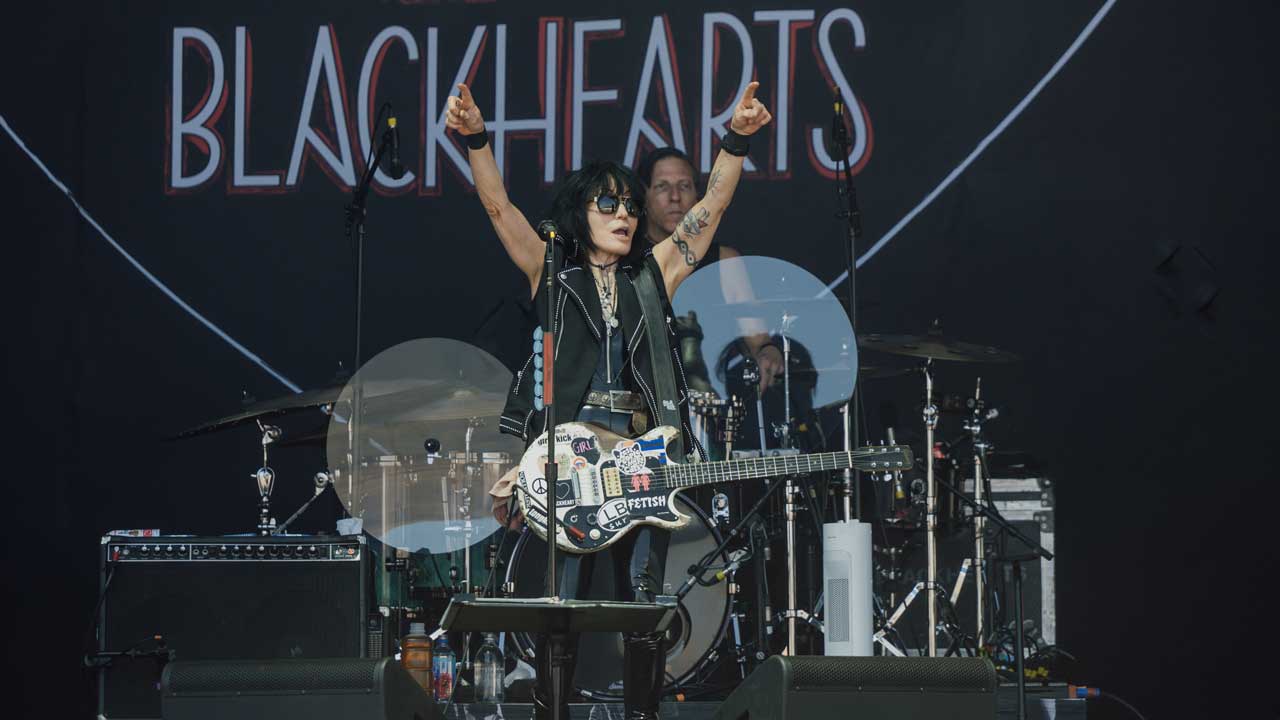Every Primal Scream album ranked from worst to best
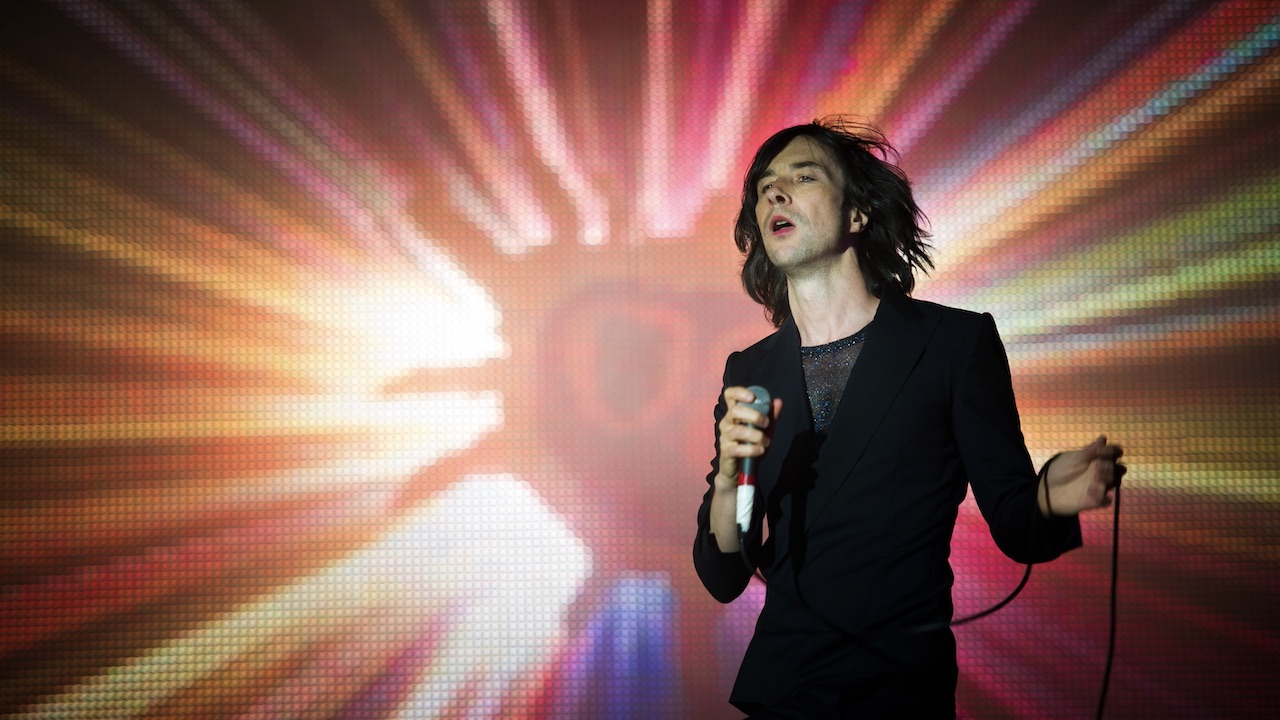
Primal Scream have given us Memphis soul, pilled-up rave tunes, southern boogie and Germanic death disco. Every album reflects the band’s sprawling music intake, aided by the various chemicals that have accented those swerves and moods.
The formative members of the Scream team were exiles from Glasgow, conspiring with longtime pal Alan McGee from Creation Records. Frontman Bobby Gillespie had already experienced some classic Creation havoc when he drummed with the Jesus and Mary Chain, provoking noise and riots in 1984: Primal Scream became a serious prospect soon after.
Their working practice have been unruly and prone to damage, but even so, they have put out records of uncommon brilliance. Let’s go…

11. Sonic Flower Groove (1987)
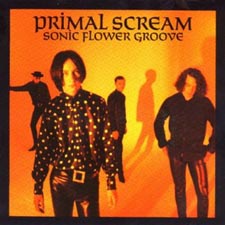
The first Primal Scream album was financed by major label money, but many of the songs were slight and the record lacked the intrigue of early, indie tracks like Crystal Crescent and the outstanding flip side, Velocity Girl. Still, there was the vulnerable worth of Gentle Tuesday and a melodic jangle that recalled The Byrds.
Soon after the release, co-founder and guitarist Jim Beattie left the band and the psychedelics were traded for a darker mission. Interestingly, this early tone was adopted by dozens of indie contenders and the Stone Roses perfected it for the age of Madchester. Bobby Gillespie was elsewhere by then, determined to rock.
10. Primal Scream (1989)
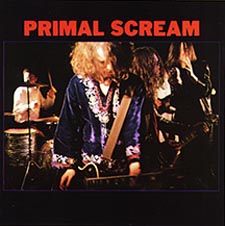
The polka dot shirts were packed away and the leather pants were worn with intent. Primal Scream became outliers, revving on the MC5, the Stooges and Johnny Thunders. The fuel was amphetamine sulphate and the mood was selfish and entitled. Robert ‘Throb’ Young moved from bass to guitar alongside Andrew Innes, the songs had swagger, and the hedonism won a core of followers, but the album was mostly unloved.
However, Balearic DJ Andrew Weatherall saw the value and remixed the track I’m Losing More Than I’ll Ever Have. The new version was called Loaded and a whole other dynamic had begun.
9. Chaosmosis (2016)
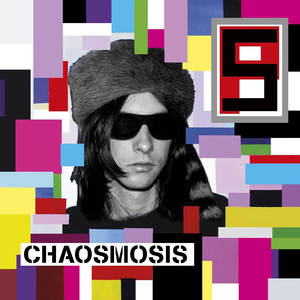
The Scream's eleventh album arrived with the sound of neo-primitive synths and factory rhythms: people made backing tracks like this with their Casio Christmas presents in 1982. Then again, some of the greatest writers (Marvin Gaye, Sly Stone) made glorious songs out of pre-set machines.
Primal Scream accepted the challenge and 100% of Nothing is knowing pop, like mid-period New Order. Sky Ferreira is an accomplice on the motivational sentiments of Where The Light Gets In and on the opening tune, Trippin’ On Your Love, Haim participate in a ravey knees-up. There are noisy interruptions, but Chaosmosis rarely satisfies.
The latest news, features and interviews direct to your inbox, from the global home of alternative music.
8. Evil Heat (2002)
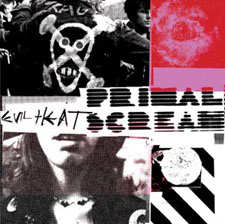
The most memorable aspect of Evil Heat is the fact that Bomb The Pentagon was renamed and revised as Rise after the Pentagon was actually bombed. This was a peculiar moment, a seeming fudge at odds with Bobby Gillespie's past rebel stances.
If this sort of thing bothered you, it may have detracted from the pulsing, sawtooth synths that often featured, or the duet with Kate Moss on Some Velvet Morning. There was also the return of Screamadelica co-creator Andrew Weatherall for the tasty but not super-substantial Autobahn 66.
There were moments here when they could still reach high - Deep Hit of the Morning Sun was a gloriously rendered acid flashback - but the spaces between were half-hearted, the Stooges on stand-by.
7. Beautiful Future (2008)
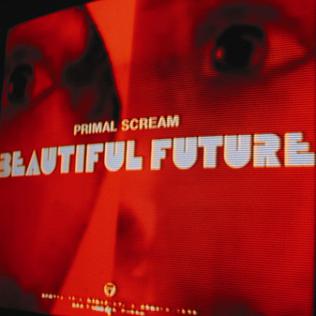
First, the positives. Over and Over was a Fleetwood Mac cover, featuring Linda Thompson in a duet with Bobby. Fans of Christine McVie may not have thrilled, but it gave optimistic Scream-watchers a reason to feel that the band had become freshly receptive to change. Uptown was a disco shuffle about social aspiration and weekender rites, and QOTSA's Josh Homme helped out with Necro Hex Blues.
But while Gillespie had promised “sugar-coated bullets”, some were duds. The title track was loaded on irony, felt like a misfire. The first album without Robert 'Throb' Young, and the last to feature Mani on bass, it felt like the end of an era: the foreboding Primals haze was gone, leaving a strangely vacant vacuum.
6. Riot City Blues (2006)
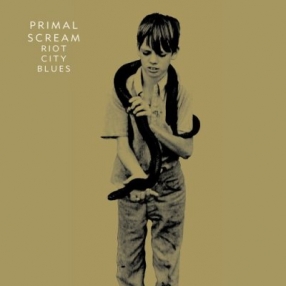
Riot City Blues was introduced by Country Girl, the most successful Primal Scream single ever, Top Five in the charts, and a rare instance of the mandolin as a pop weapon. Elsewhere, the guitars were returned to the foreground: the boogie was refurbished and many of the songs on the album, produced by Killing Joke's Youth, were invocations to shake the hips and ride the lizard.
This was the final roll for Throb, who departed the band before they hit the road to promote it, and died from substance abuse in 2014. Little Death experimented with Arabic motifs, just like Brian Jones, taking time out from the Stones in Joujouka, Morocco. Superficially, the album sounded urgent and there was a decent vamp in the manner of John Lee Hooker, but the wasted-chic manners were overdone.
5. Give Out But Don't Give Up (1994)
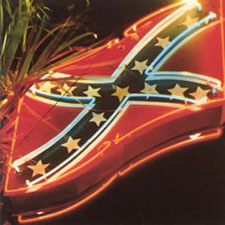
The Scream's fourth album was prefigured by the Dixie-Narco EP in 1992. Things were getting woozy and downbeat in Ardent Studios, Memphis. The wracked spirit of Dennis Wilson was present, guests included P-Funk instigator George Clinton, and heroin was a distraction for at least one of the players.
It might have been special, but the attitude was injured and the record lacked a defining note. It yearned for something lyrical like Wild Horses, but a few lame creatures arrived instead. Denise Johnson sang over the gaps and the Meters-style grooves were fine. Luckily, the party invite of Rocks was a Top Ten hit and gave them a necessary reprieve. A sense of what might have been came in 2018, with the release, to some acclaim, of The Original Memphis Recordings.
Buy Give Out But Don't Give Up
4. More Light (2013)
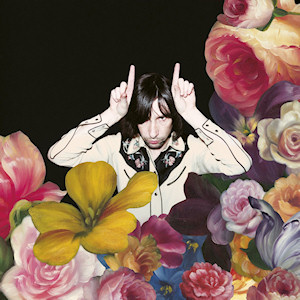
Belfast DJ-turned-movie/television soundtrack maestro David Holmes produced Scream album number ten, and wreathed the band in drones, saxophones and mystery. On the previous record, Beautiful Future, Gillespie’s vocals had been mixed uncomfortably high and it magnified the cringe moments. Wisely, he was returned to the sonic murk and the chance to work a more subtle hoodoo.
This record was never messy for the sake of it. Tenement Kid was an early draft of an autobiography and the anguish was persuasive. Goodbye Johnny was based on a lyric fragment by Jeffrey Lee Pierce of The Gun Club and it sounded like the farewell guitar twang from an unwashed lounge bar. Elimination Blues came across like an occult working by Dr John, with the darkness rising and a weird presence taking shape. The band’s best album since XTRMNTR and maybe wisely, it signed off with the gospel of It’s Alright, It’s OK. Saved, again.
3. Vanishing Point (1997)
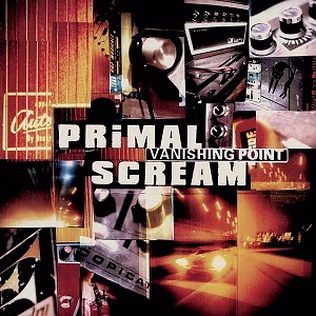
Written off by many, Primal Scream could have potentially been finished after the dud contours of Give Out but Don't Give Up. But instead, they hired Mani, bassist from the Stone Roses, ignored industry pressures to deliver a big radio tune, and issued Vanishing Point as a booming statement of self-reliance.
Andrew Innes was given the credit for a lot of the studio vitality on what Gillespie billed as "an anarcho-syndicalist speedfreak road movie record." Jamaican dub was the magic additive, with permission to push up the faders and imagine the foggy universe of reggae explorer Lee Perry.
Star was a namecheck of civil rights fighters as the wonderful Augustus Pablo played melodica. Kowalski was a homage to the cranked-up driver in the 1971 film Vanishing Point. There was a salute to the Sam Peckinpah’s cinema with If They Move Kill ’Em. The sense of humour came back and as a bonus, Bobby sang Motörhead through a Darth Vader mask. A companion record, Eko Dek (1997) let producer Adrian Sherwood loose with the mastertapes for a remix binge.
2. XTRMNTR (2000)
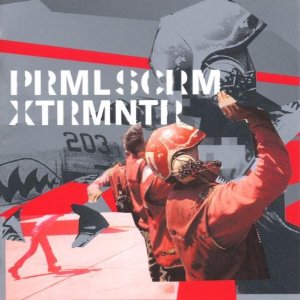
Kevin Shields from My Bloody Valentine had joined the firm, while Mani had become a regular co-writer. XTRMNTR sounded like a roaring collective, politically engaged, pushing the sonics to meet these expressions of disgust.
Swastika Eyes was a frightening portent of the radical right, accompanied by a motorik beat. Bobby Gillespie was calling out the military-industrial complex, writing a War Pigs for the incoming century, music to meet the political axis of Tony Blair and George W. Bush. While the singer had seemed distracted on the previous two records, he was properly signed in again. On the tune Keep Your Dreams he announced that he was fixing his reference points to the underground. There was techno, free jazz and Can rhythms, plus Detroit’s tradition for activist extremes. This was fierce, restorative work.
“You’ve got the money, I’ve got the soul,” Bobby insisted on Kill All Hippies. He sang it like Curtis Mayfield, like he meant it.
Buy XTRMNTR
1. Screamadelica (1991)

The top pick here was never up for debate. A landmark record, Screamadelica had all of the rapture and the saucer-eyed abandon of the MDMA generation. Primal Scream went deep into the culture but also manifested their love via the 13th Floor Elevators, dub frequencies plus the astral jazz of Pharaoh Sanders.
DJ Andrew Weatherall was learning how to produce on the job but his instincts were immaculate. Higher Than the Sun was a retina-blasting surprise, Jah Wobble played some bass and the Orb dropped in a remix. Come Together was tremendous empathy, though some connoisseurs argue that the inclusion of the Terry Farley remix would have made the perfect album. Still, the record was superbly alive, ready to invoke the wired melancholy of the Rolling Stones, circa Beggars Banquet. Movin’ On Up was another shout-out to the Stones, even enlisting their producer Jimmy Miller for the gig. Martin Duffy’s keyboard playing was judiciously loose and vocalist Denise Johnson took it to church.
The record has the arc of a limitless night, or even the passage of the rave movement itself. It raises, you, but also sings you through the comedown. Screamadelica is still the greatest.
Stuart Bailie is a journalist and broadcaster based in Belfast. He is the editor of the quarterly Dig With It magazine, and his work has appeared in NME, Mojo, Uncut, Q, The Times, The Sunday Times, The Mirror, The Irish Times, Classic Rock and Hot Press. He was Assistant Editor of NME from 1992 to 1996 and is the author of Philip Lynott: The Ballad of the Thin Man, Trouble Songs: Music and Conflict In Northern Ireland, and 75 Van Songs: Into the Van Morrison Songbook.
